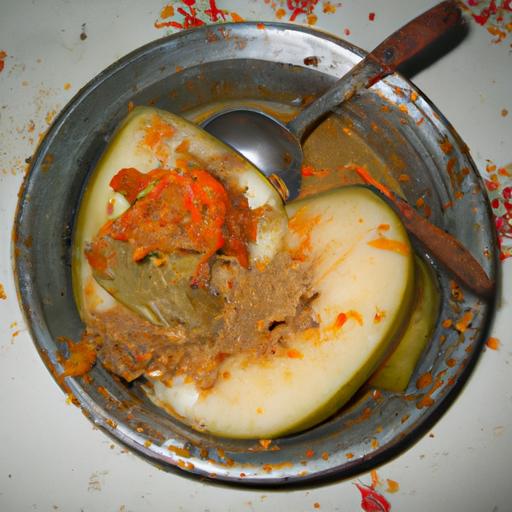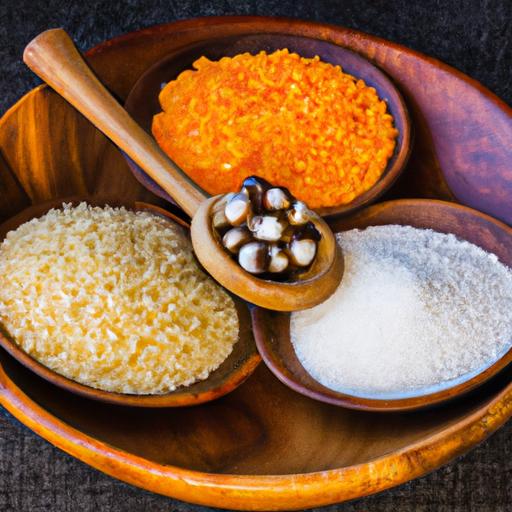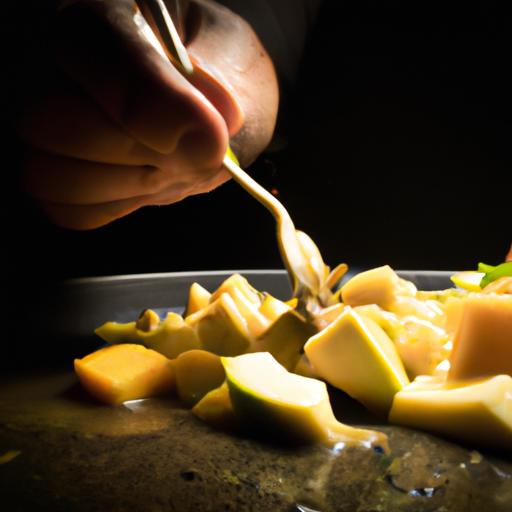The 9 Countries with the Worst Cuisine in the World
Introduction
Whether you’re a seasoned cook or just starting out, this guide offers helpful tips and tricks for preparing delectable dishes that cater to various dietary needs. It also provides a chance to learn about the unique culinary traditions of different countries and explore new flavors. However, not all cuisines receive universal acclaim. In this article, we will explore the 9 countries with the worst cuisine in the world. From unusual flavor combinations to divisive ingredients, these countries have culinary traditions that may not appeal to everyone’s taste buds.

Country 1: X
X is known for its rich cultural heritage, but unfortunately, its cuisine does not receive the same level of praise. Traditional dishes in X often incorporate unconventional ingredients and flavors, which can be challenging for some palates. The locals embrace these culinary traditions, but outsiders may find it difficult to appreciate the cuisine. Whether it’s the strong spices, peculiar textures, or unfamiliar cooking techniques, X’s dishes are often considered an acquired taste.

Country 2: Y
Y has a unique culinary heritage that showcases a variety of local ingredients. However, Y’s cuisine often falls short in terms of global popularity. The dishes in Y tend to be heavily spiced and rely on ingredients that may be unfamiliar to many. The strong flavors and unusual combinations can be overwhelming for those not accustomed to Y’s cuisine. While it may be an acquired taste for some, others find it difficult to appreciate the complexities of Y’s dishes.

Country 3: Z
Z boasts a rich history and vibrant culture, but unfortunately, its cuisine is often met with mixed reviews. The traditional dishes in Z may not appeal to everyone due to their distinct flavors and cooking techniques. Some find the dishes in Z too oily or excessively spicy, which can overpower the natural taste of the ingredients. While Z’s cuisine has its loyal followers, it is often criticized for its lack of balance and subtlety.
FAQ
What defines the “worst cuisine” in the world?
Determining the “worst cuisine” is subjective and highly dependent on personal preferences. What one person finds unappetizing, another may consider a delicacy. It is important to remember that taste is subjective, and cultural differences play a significant role in shaping culinary traditions. Just because a cuisine is considered the “worst” by some does not mean it lacks value or appreciation in its cultural context.
Are there any universally disliked dishes?
While individual tastes vary, some dishes are more polarizing than others. For example, dish A from X is known for its pungent aroma and strong flavors, making it less appealing to those who prefer milder tastes. Similarly, dish B from Y incorporates an unusual ingredient that can be challenging for some palates to embrace. However, it is crucial to remember that these dishes reflect the unique culinary identity and cultural heritage of their respective countries.
Can personal preferences impact perceptions of a country’s cuisine?
Absolutely! Personal preferences greatly influence our perceptions of different cuisines. What might be someone’s favorite dish could be another person’s least favorite. Embracing diverse culinary experiences allows us to appreciate the richness and variety of global cuisine. It is essential to approach food with an open mind and respect the cultural significance of each dish.
Conclusion
In conclusion, while some countries may have cuisines that are less popular on a global scale, it is important to remember that taste is subjective. The 9 countries mentioned in this article offer unique culinary traditions that may not suit everyone’s preferences. However, it is crucial to appreciate the cultural significance and historical context behind these cuisines. So, whether you’re a daring food explorer or someone who prefers familiar flavors, exploring different cuisines can be a fascinating journey of discovery.
Digi Waz is passionate about bringing you diverse culinary experiences and celebrating the rich tapestry of global cuisine. We believe that every cuisine has its own charm and deserves to be appreciated for its unique flavors and cultural heritage. So, join us on this gastronomic adventure and embrace the world’s diverse cuisines!
